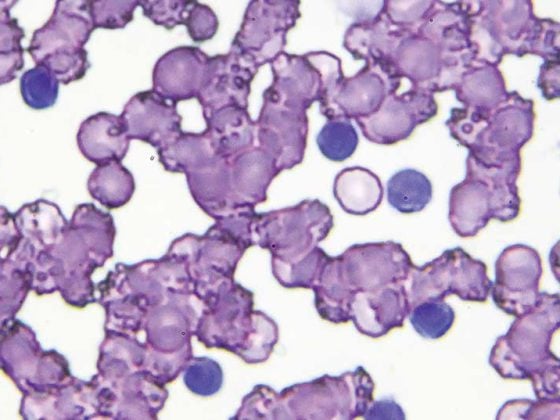Multiple sclerosis (MS) is a chronic inflammatory disease of the central nervous system and is the most common non-traumatic neurological disease leading to severe impairment in young adults.
Multiple sclerosis (MS) is the most common non-traumatic neurological disease leading to severe impairment in young adults. Symptoms can vary, with the most common being vision clouding, numbness or tingling in the limbs, and loss of strength and coordination problems. Relapsing forms of MS are the most common. Treatment with cladribine tablets (Mavenclad®) shows a rapid onset of action from the end of the first month. One study compared the number of MRI-visible lesions versus baseline in three time periods: Months 1 to 6, Months 2 to 6, and Months 3 to 6. The number of CUA lesions decreased significantly in all study periods compared with baseline (by 61% in Months 1 to 6; 77% Months 2 to 6; and 87% Months 3 to 6). Furthermore, notably, the mean number of T1 gadolinium-enhancing (Gd+) lesions was significantly reduced from month 2 compared with baseline. In addition, updated safety data demonstrated that the risk for viral respiratory infections is not increased. The rate of viral respiratory infections (influenza 0.68%, viral infection 0.27%, viral upper respiratory infection 0.04%) was low and their course typically mild to moderate.
Source: “ACTRIMS-ECTRIMS MSVirtual2020: New data support rapid onset of action and safety of approved therapy with MAVENCLAD®,” Sept. 11, 2020.
– Merck KGaA
InFo NEUROLOGY & PSYCHIATRY 2020; 18(6): 46.











